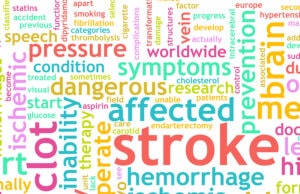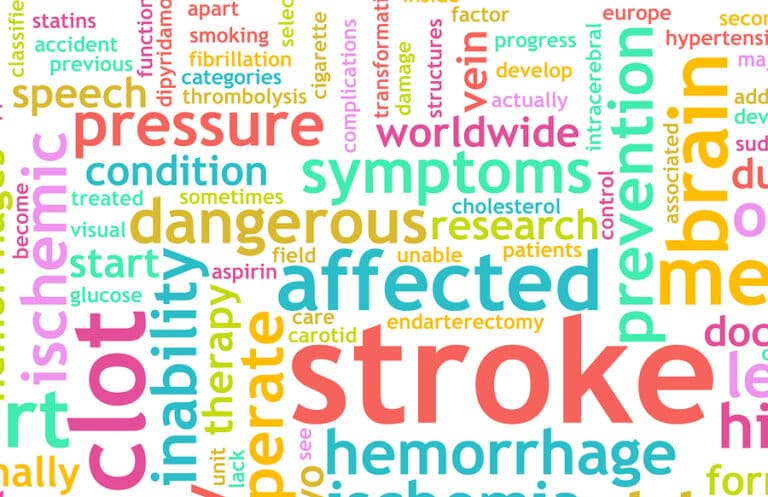Some victims of strokes discover that part of their healing process will require them to learn how to swallow safely again. Fear of choking can make it difficult for a stroke patient to try eating or swallowing again, but with proper care, his choking risk level can be reduced as he works on rebuilding many of the abilities, he lost due to the stroke. Hiring stroke care at home services can be of assistance with this appropriate care.
Dysphagia in Stroke Patients
Dysphagia is a term used to describe a health disorder where someone has recurring problems with swallowing. It is a fairly common disorder that develops in those who have suffered from a stroke. While almost 50 percent of those who have had a stroke will develop dysphagia, most of them will recover from it within a couple of weeks. But for those 11-17% who have it long-term, their family, friends, and anyone providing stroke care at home will need to know how to keep your loved one safe.
Three Stages of Swallowing
There are three phases of swallowing which can cause trouble for those recovering from a stroke.
Oral Phase. This stage refers to the chewing, sucking, and moving food into the mouth and keeping it there without it spilling back out.
Pharyngeal Phase. Referencing the throat, the pharyngeal phase is responsible for starting the swallowing process and squeezing the food down the throat. It involves the body’s ability to close off the airway to keep food from going into the airway and causing choking.
Esophageal Phase. This phase refers to the process of opening and closing the esophagus. The esophagus transports food to the stomach and if not working properly, food can get lodged in the esophagus and lead to heartburn or throwing up.
Reducing the Risk of Choking with Dysphagia
While your loved one is recovering from his stroke, you’ll have physical therapists helping him with his recovery but you will also need to take steps to reduce his risk of choking as he regains his ability to swallow safely. Talk to his physical therapist and doctors about what you can do to make eating more safe and less worrisome.

Here are steps you and your stroke care at home team can immediately take to reduce your loved one’s risk of choking.
- Make sure your loved one is sitting up straight while eating. If possible, he shouldn’t eat while reclining in bed or leaning back on the sofa.
- Modify his diet as needed. You might need to stay away from foods that are natural choking hazards for now such as a tough steak.
- Adjust the textures of food. Cooked vegetables may be much easier to eat than raw ones or a smooth shake can be easier to drink than one that has large clumps of add-ins (a smooth vanilla shake is easier to drink than a cookies and cream shake with Oreos in it).
- Have his stroke care at home providers cut up food into smaller portion sizes. If pasta is served, cut the noodles into small 1-inch sizes to prevent choking on a long noodle.
- Remind your loved one to focus on what he is eating. No talking is allowed while he has food in his mouth.
- Don’t rush him to finish a meal. Let him go at a pace that is comfortable to him.
https://pmc.ncbi.nlm.nih.gov/articles/PMC4066736/
If you or an aging loved one are considering Stroke Care at Home Services in Walpole MA, please get in touch with the caring staff at Care Resolutions, Inc. today. (508) 906-5572
CARE Resolutions, Inc. provides quality 24-Hour Home Care for seniors and families in Walpole, Dover, Wellesley, Framingham, Norfolk, Quincy, Weston, Medfield, Boston, Sherborn MA, and surrounding areas.
- Tips for Seniors Who Want to Try Social Media - April 7, 2025
- How Can Seniors Transition Home from the Hospital Smoothly? - March 19, 2025
- Can Seniors Get Fit and Stay Active with Chronic Health Issues? - March 6, 2025



